
Corey J. Langer, MD, FACP, provides a focused overview of antibody-drug conjugate–related toxicities and AE management in lung cancer.

Your AI-Trained Oncology Knowledge Connection!


Corey J. Langer, MD, FACP, provides a focused overview of antibody-drug conjugate–related toxicities and AE management in lung cancer.

Roy S. Herbst, MD, PhD, highlights the evolution of EGFR TKIs and the need for treatments improving DFS and OS outcomes in EGFR-mutant NSCLC.

Sandip Patel, MD, explores how AI and multiomics are transforming localized non–small cell lung cancer care.

Jorge J. Nieva, MD, compares treatment options for patients with ROS1-positive non–small cell lung cancer.
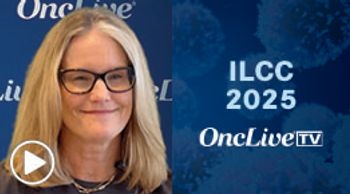
Karen L. Reckamp, MD, discusses the feasibility of future pragmatic clinical trials for patients with lung cancer.

Millie Das, MD, discusses first-line standards of care for patients with extensive-stage and limited-stage small cell lung cancer.

Hossein Borghaei, DO, MS, discusses novel approaches to overcoming immunotherapy resistance in patients with non–small cell lung cancer.

Marina C. Garassino, MD, discusses the standing of durvalumab and other immunotherapy-based approaches in locally advanced NSCLC.

Pasi A. Jänne, MD, PhD, discusses changes to the second-line treatment paradigm and treatment decision-making factors for patients with EGFR-mutated NSCLC.
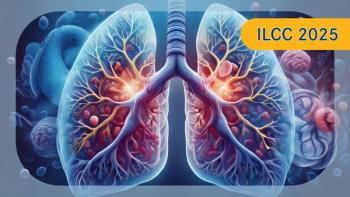
Sukhmani Padda, MD, discusses ways in which evolving treatment paradigms are tailoring treatment to target atypical EGFR alterations in NSCLC.
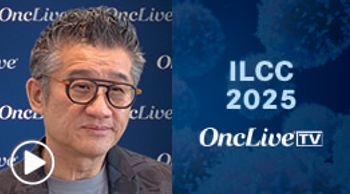
Tony S.K. Mok, BMSc, MD, FRCP(C), FHKCP, FHKAM, FASCO, discusses first-line treatment decision-making for patients with BRAF-mutant non–small cell lung cancer.
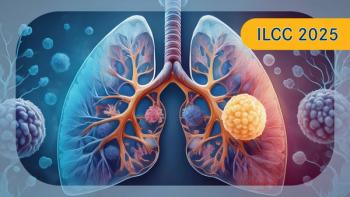
Heather Wakelee, MD, discusses underlying resistance mechanisms and potential therapies for EGFR+ NSCLC following osimertinib.

Lyudmila A. Bazhenova, MD, discusses considerations for treatment intensification in patients with EGFR-mutated NSCLC.

Circulating tumor cells and circulating extracellular vesicles should be integrated into liquid biopsy assays to improve their utility in oncology.

A panel of oncologists engage in a case-based discussion of patients with locally advanced disease at the 25th Annual International Lung Cancer Congress.

David R. Gandara, MD, discusses research reflecting the capabilities of ctDNA assays to detect MRD and prognosticate adjuvant NSCLC treatment outcomes.

Jonathan W. Riess, MD, MS, and James Chih-Hsin Yang MD, PhD, debate the benefits of upfront osimertinib with/without chemotherapy in EGFR-mutant NSCLC.

Tony S.K. Mok, MD, BMSc, FRCPC, FASCO, highlights novel partners and potential new approaches for immunotherapy-based regimens for the treatment of patients with non–small cell lung cancer.

Antibody-drug conjugates represent one of the most exciting areas of ongoing development for the treatment of patients with non–small cell lung cancer and small cell lung cancer.

Lyudmila A. Bazhenova, MD, discusses potential combination strategies with KRAS G12C inhibitors in advanced non–small cell lung cancer.
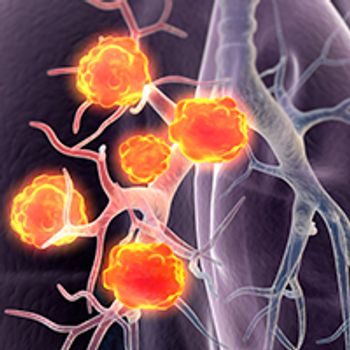
Deborah B. Doroshow, MD, PhD, discusses the efficacy and toxicity profiles of pralsetinib and selpercatinib and how they influence treatment selection for patients with RET fusion–positive non–small cell lung cancer, and provides insight on several areas of ongoing or potential research in lung cancer.
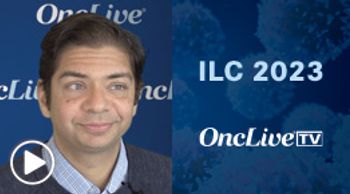
Hatim Husain, MD, discusses developments in ALK-positive non–small cell lung cancer.
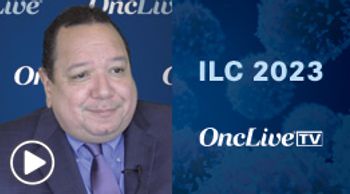
Edgardo Santos, MD, FACP, FCCP, discusses testing and treatment in NRG1 fusion–positive non–small cell lung cancer.
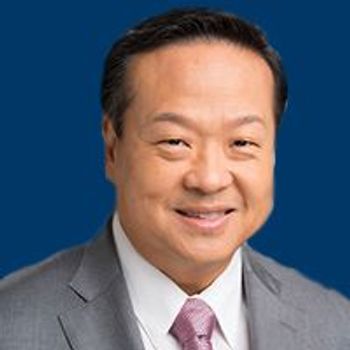
Edward S. Kim, MD, MBA, discusses necessary changes that would make cancer research more accessible to patients in community settings, multidisciplinary efforts that should take place at every step of the trial design and implementation process, and how future clinical trials should be intentional about the patient demographics.

Immunotherapy administered alone or in combination with chemotherapy has become the standard of care across advanced non–small cell lung cancer in several settings, with continued effort devoted to further enhancing and improving upon these treatments.

New agents in development including ABBV-011 and BL-B01D1 seek to turn the tides of relapsed extensive-stage small cell lung cancer; although chemoimmunotherapy has earned its right as the frontline standard of care, both classes of agents have yet to demonstrate benefit in second or later lines.
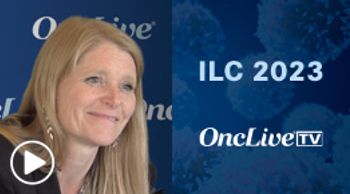
Solange Peters, MD, PhD, discusses current understandings of mechanisms of resistance to immunotherapy in non–small cell lung cancer.
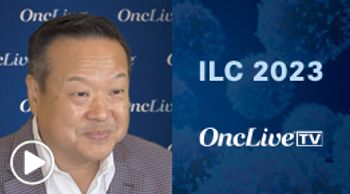
Edward S. Kim, MD, MBA, discusses the importance of improving representation in clinical trials.

Positive event-free survival data from the phase 3 AEGEAN, NEOTORCH, and KEYNOTE-671 trials add further evidence to the benefit of perioperative immunotherapy in early-stage non–small cell lung cancer but have yet to show clear biomarkers of response beyond PD-L1.

Overall survival analysis from ADAURA bolsters the already impressive disease-free survival data for patients with EGFR-mutant non–small cell lung cancer.